As Chris Grossmeier pointed out in the previous blog post comment, VMware’s vSphere 4 Pricing, Packaging, and Licensing Overview document has been made available. A few things that jumped out at me are:
- A new license tier for Mid to Enterprise size businesses has been added called Enterprise Plus. This is the premier and most feature rich tier available.
- Two new licensing tiers have been added tailored to the needs of Small Business (SMB):
- vSphere Essentials
- vSphere Essentials Plus
- Surely because of the advancements and popularity of multicore processors, host licensing is no longer sold in pairs of sockets, rather by the single socket.
- To my surprise, FT (Fault Tolerance) is not licensed per VM. Rather, it is included in all of the Mid to Enterprise class licensing tiers except for Standard. Wow. Given the added protection level, this could be the best bang for the buck (from a licensing standpoint anyway, extra infrastructure needed is a different discussion). It is not included in the SMB tiers.
- Pluggable Storage Architecture (PSA) was added to the new Enterprise Plus tier. One new feature PSA will offer is 3rd party storage multipathing.
- Zero adjustments in vCenter Server pricing (as well as SnS). The high cost vCenter perception debate will continue although personally I think it’s worth every penny.
- Enterprise customers with current support will receive the following new feature entitlements:
- vStorage Thin Provisioning
- Fault Tolerance (FT)
- Hot Add (processors, memory)
- vShield Zones
- Data Recovery
- VMware draws the line in the sand on cores per socket licensing:
- vSphere Standard = maximum 6 cores per socket
- vSphere Advanced = maximum 12 cores per socket
- vSphere Enterprise = maximum 6 cores per socket
- vSphere Enterprise Plus = maximum 12 cores per socket
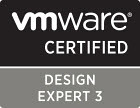
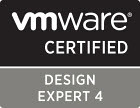


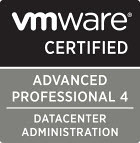
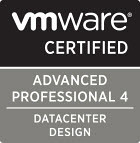
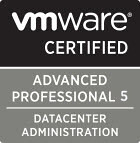
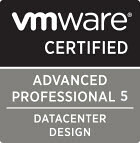
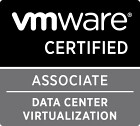

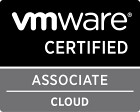





FT does not appear to be offered in either ‘Essentials’ version — the cheap version.
I think VMware is really not interested in the SMB market, though they will take what they can get.
The way the pricing and features etc. are done, I think I really have to look at XenServer, because they have plenty of time to do ‘enough’ catching up to VMware in terms of providing a XenServer package suitable to SMBs without the 3-host limit, which I think is the worst possible feature in the Essentials Suite.
You are right. I neglected to distinguish between the SMB and Mid to Enterprise tiers when I made the statement that FT was included in all tiers but Standard edition. Corrected and thank you.
I’ve gotta believe that if you require more than 3 hosts with the current consolidation ratios that are available you’re probably not a “SMB” anymore and are pushing the mid-size enterprise. My 3 node cluster (we have 3.5 mid-size accleration kit with 3 ESX Enterprise and 1 vCenter Server Foundation) holds around 25 VMs and I could easily run another 25 VMs without overstepping my HA constraints. The consolidation ratios in vSphere 4 are purported to be even higher than VI3.5.
FT is really an enterprise technology positioned to be a great alternate to using MS or Veritias clustering services for workloads that need a 99.9999% SLA, and that sort of SLA just doesn’t reasonably fit any SMB I’ve worked with in the past 15 years. Out of the 25 servers we currently have running, only one of them is really a potential candidate for using FT due to the extra cluster resources required.
Not a SMB _OR_ you can’t afford to buy all-new high-end quad-core dual proc systems and brand new big drives that more than 5 VMs per server can be loaded on without troublesome negative performance impacts to some applications.
What about SMBs that don’t want to spend an arm and a leg to get all brand new hardware, just to perform some consolidation?
Note that the Enterprise Edition can only be ordered up to 15 December 2009, after which time it will apparently be discontinued….
Regarding FT being included in the Mid to Enterprise class licensing tiers and not being license per VM…
I think that is a good move. As far as I’m concerned, this feature is quite limited in the fact that it only works with VMs that have only 1 vCPU (unless this has changed, but I’ve not read anything of that nature). My guess is that the majority of workloads that require the sort of uptime that FT can provide are going to have at least two vCPUs…
Well, one important thing is that they included license restrictions based on the cores on a physical CPU. This is a big change and I think it will push more customers away from VMWare. With newer CPUs the new restrictions will be reached easily and the additional cost is prohibitive.
VMWare could use the current recession to blow the competition away by keeping prices/licensing where it was or even lower it a bit. But instead they go the opposite direction. Well, customers will go the opposite direction, too. It might just not be the direction VMWare might expect. If I have the choice between a Lexus and Toyota, I might choose the Toyota and still get a great bang for the buck because in these days driving a Lexus would be nice, but not financially wise …